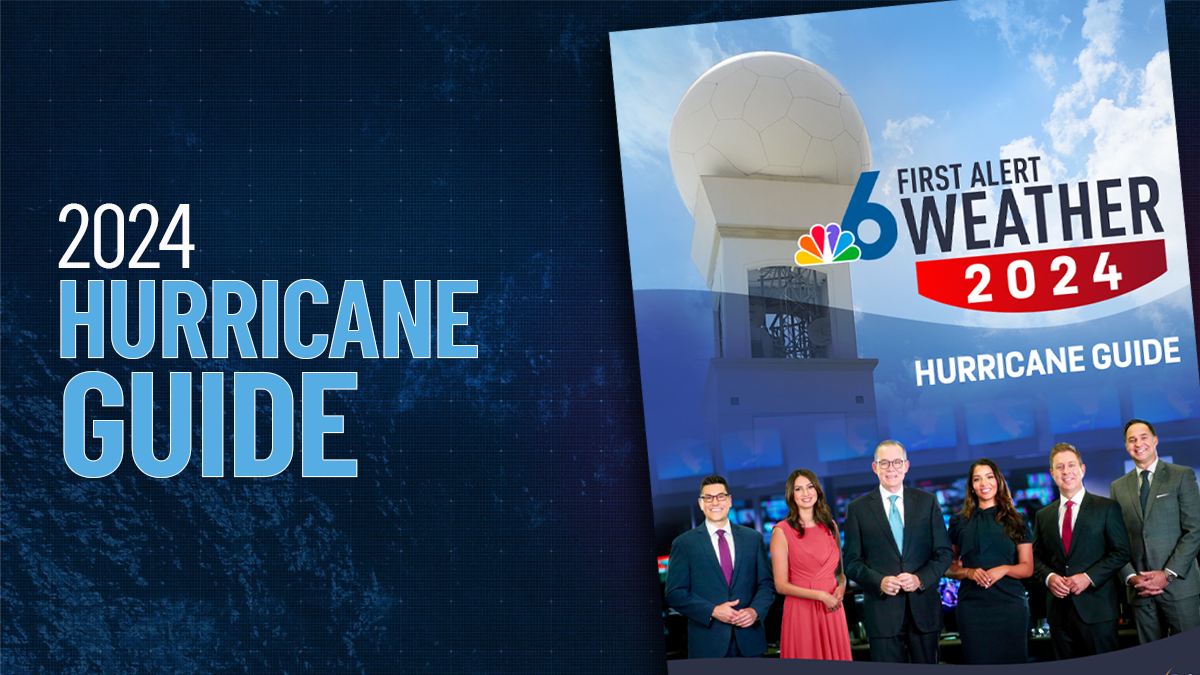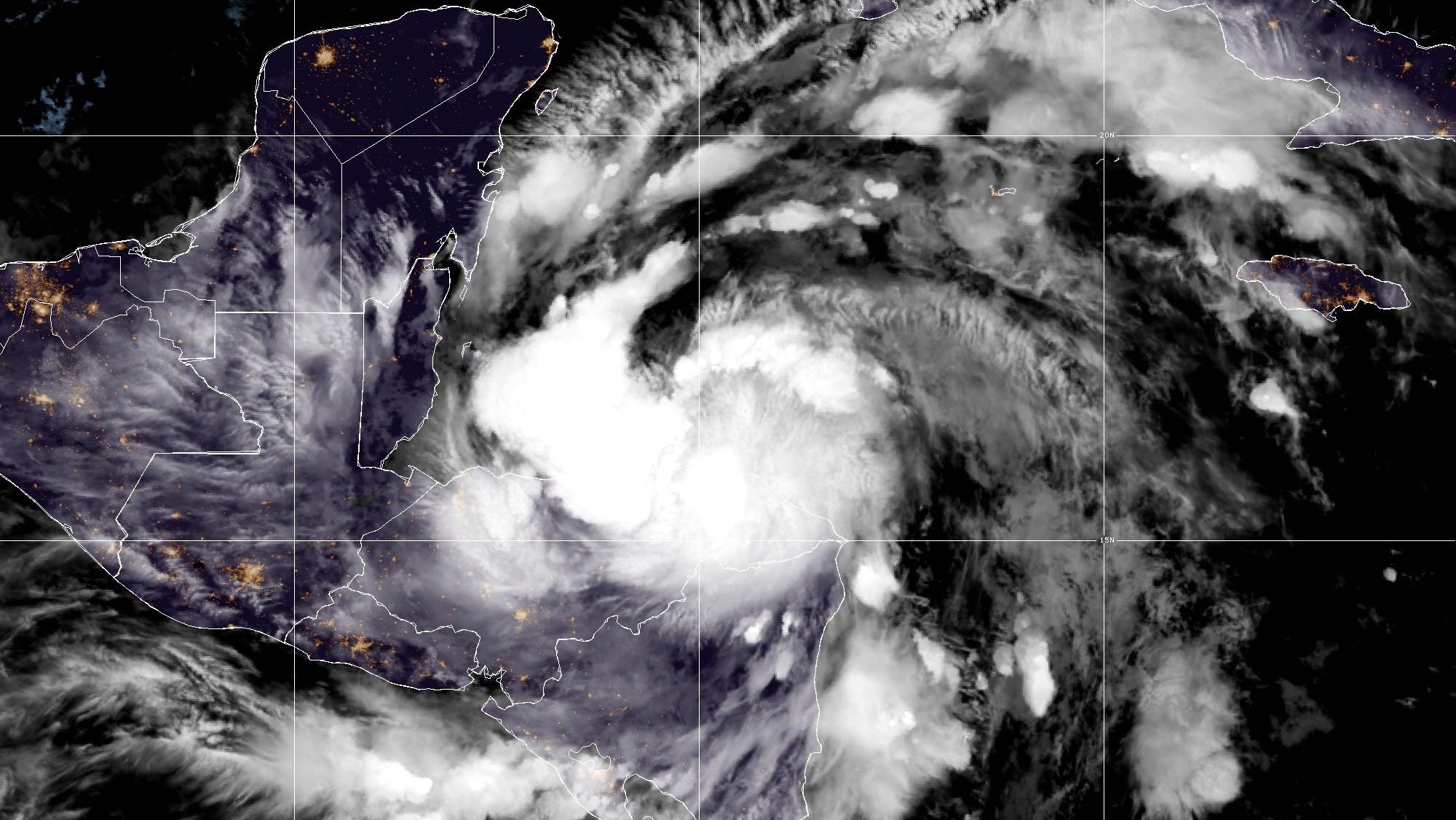A state of emergency was declared by Florida's governor as Potential Tropical Cyclone Nine formed in the Caribbean on Monday morning and was expected to strengthen into a hurricane as it makes its way into the Gulf of Mexico, forecasters said.
The system had maximum sustained winds of 35 mph as it moved north-northwest at 6 mph about 290 miles southeast of the western tip of Cuba, the latest update from the National Hurricane Center in Miami said.
A tropical storm watch was issued for the Dry Tortugas and lower Florida Keys south of the Seven Mile Bridge and portions of the southwest.
The Hurricane season is on. Our meteorologists are ready. Sign up for the NBC 6 Weather newsletter to get the latest forecast in your inbox.
Tropical storm warnings and hurricane watches were also issued for portions of Mexico and Cuba for the system, which was forecast to move across the northwestern Caribbean Sea and into the southeastern Gulf of Mexico during the next couple of days.
The system was forecast to become a hurricane on Wednesday and continue strengthening as it moves across the eastern Gulf of Mexico, the NHC said.
Hurricane Season
The NBC 6 First Alert Weather team guides you through hurricane season
Portions of Florida's west coast and Panhandle were in the NHC's potential forecast cone, but forecasters said storm surge, wind, and rainfall impacts will likely extend well away from the center, particularly to the east of the system.
In a statement Monday afternoon, Florida Gov. Ron DeSantis announced he was issuing a state of emergency for 41 counties ahead of the storm. Miami-Dade and Broward weren't part of the declaration but it did include Monroe County.
Residents from coastal Louisiana to the west coast of Florida are encouraged to monitor the forecast for the next several days. While it is too soon to pinpoint where the system will ultimately go, the Florida panhandle, through the Big Bend area, could be focal point for impact later in the week.
Locally heavy rainfall, isolated severe storms and a dangerous rip current risk for both sides of the Florida peninsula is possible.
For South Florida, the weather will be determined by the anticipated storm’s position and intensity. This could include breezy conditions, passing downpours, high surf and dangerous marine conditions.
The next named system for the 2024 hurricane season will be “Helene.”



